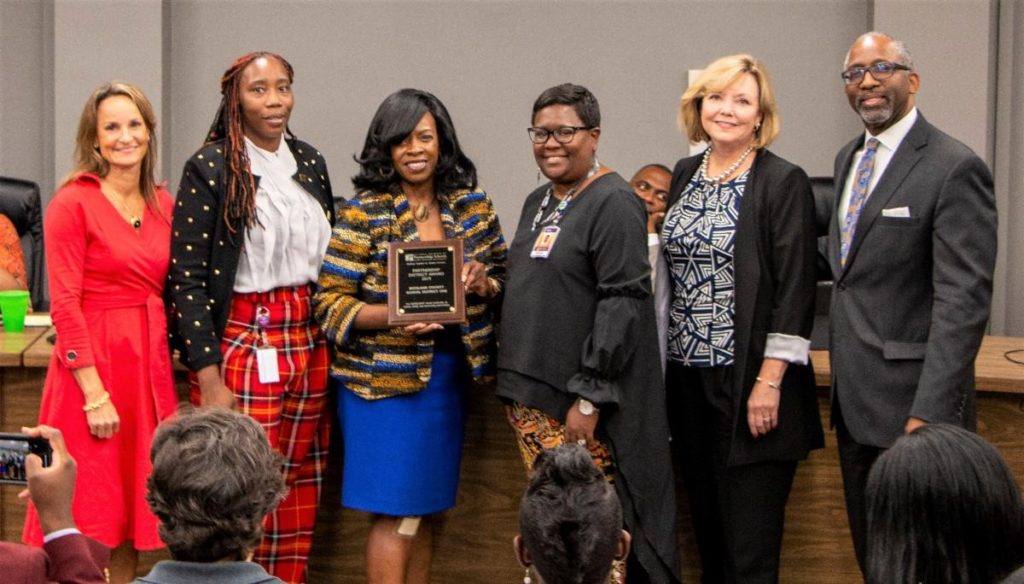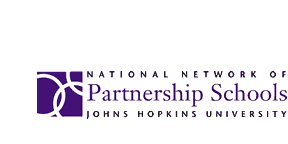Richland County School District One
Columbia, SC

Establishing Leaders for Sustainable Partnerships
It is a real advance when a district superintendent and school board understand that their policies for school, family, and community partnerships must be implemented as a “regular” part of district leadership and school organization. If district leaders for partnerships use evidence-based structures and processes, they can help every school organize effective programs of family and community engagement and customize practices to meet goals in their own school improvement plans.
Richland County District One’s 52 schools serve families in urban, suburban, and rural communities. Families and students speak 26 different languages and dialects.To fulfill the district’s policy for family and community engagement, leaders adopted a “nested leadership” model. That is, the main Leader for Partnerships guides a cadre of Parent and Family Engagement Specialists who are assisted by Cluster Leaders who guide school-based ATPs. The district’s connections with NNPS helped frame this work.
All schools (1) form partnership teams; (2) use the NNPS Framework of Six Types of Involvement to write annual plans with goal-linked practices of family and community engagement to contribute to student success in school; and (3) evaluate their work and keep improving every year. By working in “clusters,” leaders can guide many schools’ ATPs efficiently. The ATPs learn from each other by sharing successes and by solving challenges. This multi-level, well-orchestrated plan with its focus on continuous improvement is now an official part of the district’s five-year Strategic Plan.
Establishing Leaders for Sustainable Partnerships is featured in Promising Partnership Practices 2019.
Link Family and Community Engagement to Student Success
Richland One’s leaders for partnerships presented a workshop at the Summer Institute sponsored by Francis Marion University’s Center of Excellence (FMU-COE)—an NNPS partner to improve family and community engagement in South Carolina.The annual Summer Institute helps educators gain practical, evidence-based information on effective strategies for teaching children who live in poverty and for creating effective programs of family and community engagement to increase student success.
The district’s Coordinator for Parent and Family Engagement and three Parent and Family Engagement Specialists conducted, “Linking Parent, Family, and Community Engagement to Student Success.” The workshop had three objectives: (1) Identify the purpose of family and community engagement and its theoretical impact on student achievement, especially for under-resourced learners; (2) Identify school, family, and community partnerships that support student attendance, behavior, and achievement; and (3) guide attendees to create a draft plan of goal-linked engagement activities for specific student outcomes at their own schools.
They emphasized the need for on-going effort to fulfill the district’s policy and framework for action. They discussed the importance of positive attitudes, 2-way communications, and clear messages about the value of family diversity. They emphasized the need to apply a strong research base to establish, goal-linked engagement activities to help improve student achievement, attitudes, and behaviors. They presented information on NNPS approaches, tools, and templates to help other districts and schools create strong partnership programs for measurable results on student achievement and success across the grades.
Link Family and Community Engagement to Student Success is featured in Promising Partnership Practices 2019.

